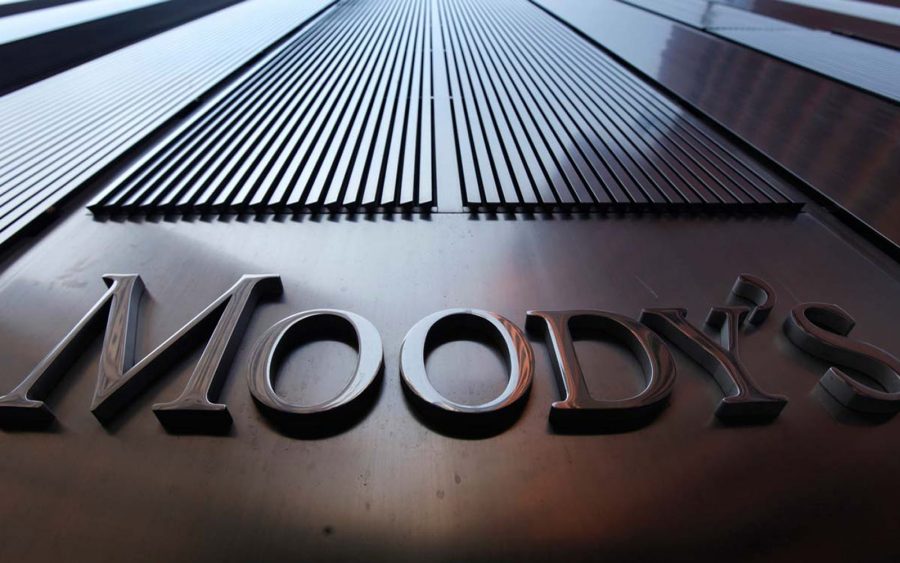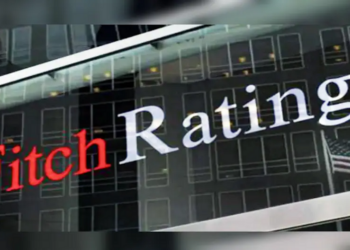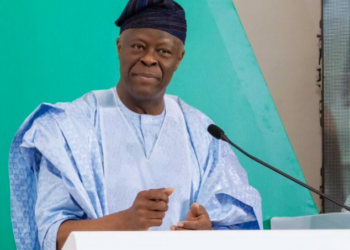American based credit rating agency, Moody’s Investors Service (Moody’s), in a report released on Wednesday, April 15, 2020, affirmed Nigeria’s B2 long-term issuer ratings.
The credit rating firm, however, maintained a negative outlook for the country.
The negative outlook continues to reflect the downside risks to Nigeria’s creditworthiness identified when the outlook on the sovereign’s rating was changed to negative in 2019. However, these risks have been compounded by crashed oil prices and the financial and economic implication of the coronavirus outbreak.
The rapid spread of this disease and the crude oil price shocks are creating an unprecedented credit shock across the regions and global markets and for Nigeria, these shocks increase already existing credit vulnerabilities.
READ MORE: Recession: Nigerian economy to slide by 3.4% in 2020 – IMF
According to the report, the fiscal strength of the country is greatly undermined by a significant drop in oil revenue which will compound an already extremely low tax base. The possible capital outflows will put pressure on the fragile balance of payment thereby threatening external stability.
The report says, ‘’In the longer term, the impact of the coronavirus on growth, particularly in the large informal sector, may weaken economic strength. The sovereign’s very low institutions and governance strength is likely to constrain the effectiveness of government measures to buffer the impact of the economic and financial shock’’.
READ ALSO: Moody’s raises concern over Nigeria’s revenue generation
It could be recalled that Standard and Poor (S&P), had already in March, revised the country’s outlook to negative from stable. Also, Fitch ratings had disclosed of its plans to downgrade Nigeria’s sovereign rating from B+ to negative if the depletion of the external reserves continues.























